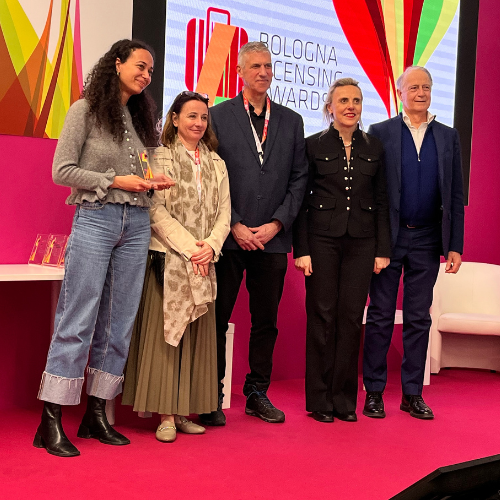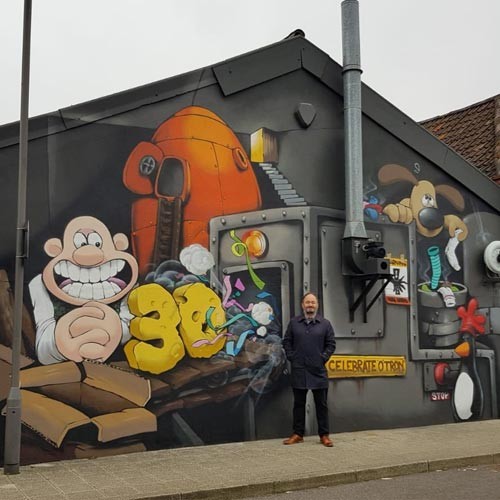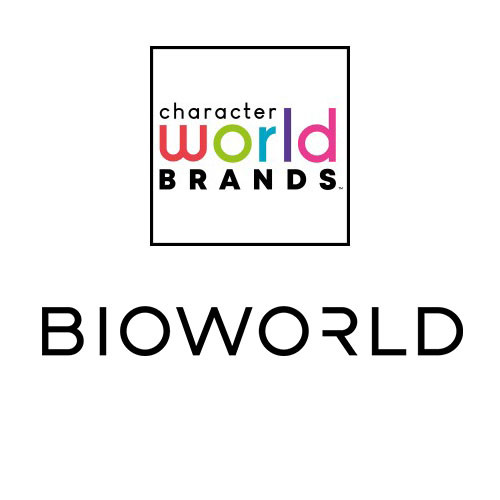We chat to co-founder and md Jon Cameron about how product always comes first.
Everybody has a ‘light bulb’ moment, and, for Jon Cameron, it was attending a LIMA ‘introduction to licensing’ seminar a dozen or so years ago. “I listened to the speaker and thought, hey, this sounds like a great idea!” And as the saying goes, the rest is licensed giftware history.
Wild & Wolf’s licensed and own brand products (which include Ridley’s and Gentleman’s Hardware) are now available in many major retailers, not just in the UK but in over 60 countries too.
Understandably, there’s a tangible buzz in the design office, which is headed up by not one but two creative directors – Mat Thomas and Marlene Dixon – who look after men’s and Ridley’s (a Wild & Wolf own brand), and women’s and lifestyle categories, respectively.
What’s currently setting the creative juices flowing are three new licences – Polaroid, Stanley Tools and Tatty Devine – which will be unveiled at Autumn Fair in September. In addition, the company will also be expanding its Orla Kiely licence into stationery in the new year.
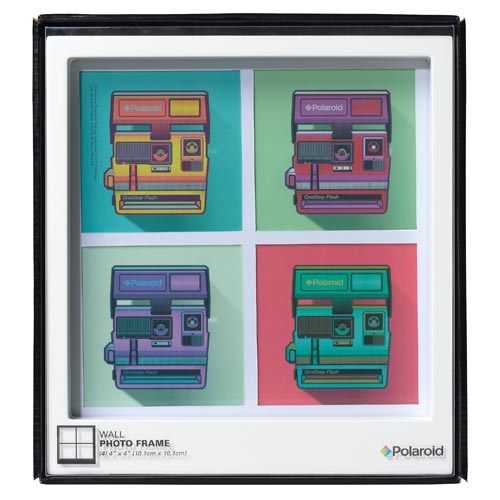
The Polaroid collection features stationery, gifts and photo frames, while Stanley Tools picks up on the heritage of the brand, which goes back over 150 years. Tatty Devine, a pioneering brand of acrylic statement jewellery, will be focusing on fashion accessories and homewares.
Jon, who studied engineering design, is clearly excited with the direction the new Stanley range of men’s accessories and gifts items has taken. It features Stanley’s original logo, with products ranging from accessories and wallets to personal care.
“We’ve mixed canvas with leather and created designs with appeal to both hipsters and baby boomers alike,” he explains.
“By contrast, Tatty Devine will be colourful and playful. We see it as a credible and exciting new home and accessories range with lines from purses, wallets and make up bags to home storage. There’s even a quirky and colourful range of string lights. It’s a breakthrough brand, that provides that all important newness especially for our independent retailers,” states Jon.
Clearly, it’s been a hugely exciting 11 years for Wild & Wolf which has, in Jon’s words, grown organically.
“There was never a master plan or strategy,” he reflects. Over the years, the company has had licensing partnerships with a string of major companies and organisations which include the V&A Museum, the BBC, Ladybird, Beano, Scrabble and Charles Buchan.
“I think there’s always been a heritage vibe to the company which has been echoed in our own brand, Ridley’s, which is all about nostalgic children’s games and toys, and also our Classic Telephones. It makes people remember a different time, perhaps something in their childhood, that evokes a happy memory,” he explains.
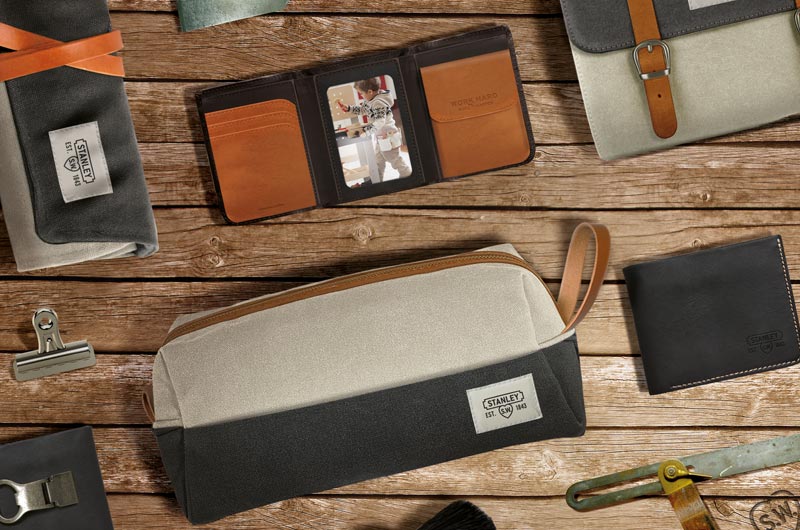
By contrast, one of Wild & Wolf’s more recent licensed brands, Happy Jackson, has a completely different look and feel. It’s based around the happiness vibe, and was a new direction for the company.
“It was such a different look for us at the time, and, customers have loved it,” Jon comments. “It’s been good fun to work on and is a great success – the breakthrough that gave us permission to do more colourful, contemporary products such as the new Tatty Devine range. Part of our thinking has always been that if you see customers smile when they pick something up then there’s a good chance they will take that product to the till. People want to take happiness home with them,” he emphasises.
Another huge success, of course, has been Ted Baker. “Being a fashion brand it was an unusual step, again because it’s not what people might have expected from us at the time. But there’s a great collaborative working relationship between our designers and Ted Baker and, again, it’s a fun licence to work with.”
Interestingly, Jon says that in the past, the company has actually found designing men’s giftware easier than designing women’s.
“But now that we have separated them into two categories it has definitely helped with, for example, our new Scandinavian, nature-inspired Folklore range which includes jewellery as well as pens and placemats which is growing in popularity every season.”
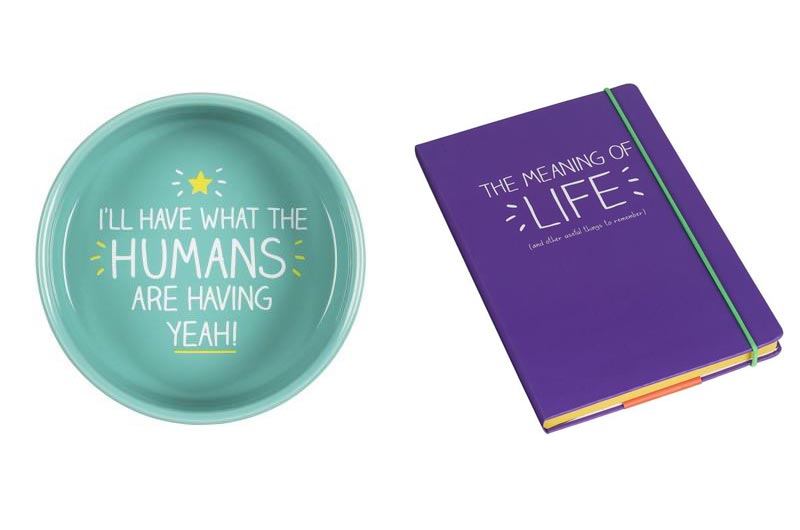
Last year, the majority of the company was acquired by DC Thomson Consumer Products (DCTCP). So how has it impacted on the business?
“It has been a period of integration where we’ve benefitted from DCTCP’s expertise in running a bigger business, but our core business remains the same in the UK – the independent gift market. However, it has made a difference as to what we can achieve in North America where our business has doubled over the past 18 months, and we also have a newly opened Australian office in Melbourne. Currently, 45% of sales come from export and we look forward to increased growth and further opportunities overseas.”
He adds that the principle of the company has always been newness – ‘what can we do next?’
“And that’s what I love most about the gift industry,” he reveals. “You can be as creative as you like, you can try things. You’ve got an open brief, you can be inventive. Everything we do is centred around design first and foremost,” he continues.
“While the collection may be varied in terms of formats, there is an underlying theme and style to everything we do. In fact, I have a Post It note on my computer that says ‘product is the number one thing. If you get the product right, everything else follows.”
This feature originally appeared in the September issue of Progressive Gifts & Home. You can find out more about the title by click here.













